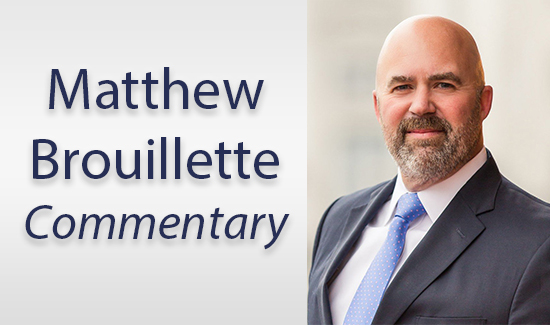(This article first appeared at RealClearPennsylvania.com)
Pennsylvania Gov. Josh Shapiro talks a big game.
He claims to be “competitive as hell,” and he campaigned for governor boasting that he “takes on big fights.” In fact, before he was even elected governor last year, his name appeared on lists of potential presidential contenders.
Last September, candidate Shapiro angered these unions when he announced his cautious support for Lifeline Scholarships, which would provide funding allowing students in the state’s worst-performing schools to attend a better school.
This anger deepened when, late last month, Shapiro’s education secretary reiterated this support. And it exploded as news broke that Shapiro and state Senate Republicans had negotiated a budget agreement that included Lifeline Scholarships. All that was required was a House vote in favor of the spending plan.
Perhaps Shapiro thought he could buck his government-union backers – who gave nearly $5.5 million to his gubernatorial campaign – without consequence. Or perhaps he never intended to support Lifeline Scholarships to begin with.
Either way, he apparently soon realized that he was in hot water with the unions and needed a way out of his pro-school-choice pledge. Never mind the families whose hopes he raised at the prospect of helping their children escape failing schools.
Shapiro wanted an easy out that would let him avoid taking blame for breaking his promise and avoid pressure from union lobbyists. So instead of taking on a fight, he found his escape through fellow union-backed Democrat state Rep. Matt Bradford.
First elected in 2008, Bradford represents part of Montgomery County in southeast Pennsylvania—the same county that Shapiro calls home. A lawyer by trade, Bradford has developed a reputation as a fierce opponent of expanding educational opportunity, particularly for students trapped by their zip codes in low-performing schools.
His opposition is no surprise, considering Bradford has accepted hundreds of thousands of dollars in government-union campaign contributions.
In fact, since 2010, Bradford has tallied more than $450,000 in donations from these unions, according to campaign-finance reports. Of this, nearly $180,000 came from the state’s largest teachers’ union, the Pennsylvania State Education Association (PSEA).
The unions’ investment in Bradford has paid off. Consider:
- In 2012, Bradford voted against the creation of Pennsylvania’s Opportunity Scholarship Tax Credit program, which helps children stuck in low-performing schools attend a better school.
- In 2017, he voted against expanding the OSTC program and its sister program, the Education Improvement Tax Credit scholarship program.
- In 2019, he voted against automatically increasing the number of available scholarships to meet demand, denying thousands of waitlisted students the chance at a better education.
In addition to his union alliance, Bradford moonlights as Of Counsel with Rudolph Clarke, a law firm that contracts with several school districts. Like the unions, school districts are generally opposed to school choice.
Before this year, Bradford’s union-funded votes were simply numbers on a tally board in a chamber long governed by Republicans.
But with Democrats’ winning a one-vote majority in November, Bradford suddenly held the reins of power as majority leader and chair of the Rules Committee. In this role, where legislation lives or dies at his word, he pledged to oppose Lifeline Scholarships.
The stage was set for Shapiro’s escape. He would simply renege on his promise while claiming his backtrack was part of a necessary deal with Bradford. In essence, Shapiro ceded his political clout to Bradford.
Had he even tried, Shapiro could have easily persuaded some House Democrats to agree to his budget deal. Instead, his only negotiation with Democrats was when he sought to persuade them to vote for the budget, Lifeline Scholarships included – with his firm promise that he would give Bradford cover for the vote by killing Lifeline Scholarships through the line-item veto.
His first public statement in support of the budget deal was when he announced his veto plan. Shapiro blamed Senate leadership for not closing the deal and said House and Senate leaders need to negotiate a deal – implying that he has no role in negotiating for his own priorities.
Shapiro could have used his bully pulpit and influence to open paths of opportunity for children trapped in failing schools; instead, he cowered and blamed others. He could have taken on a big fight for Pennsylvania’s most vulnerable students, but he caved to his union benefactors. Much has been made of Shapiro breaking his deal with Senate Republicans, but the bigger promise he broke was to the families who voted for him because he said that he would rescue their kids.





